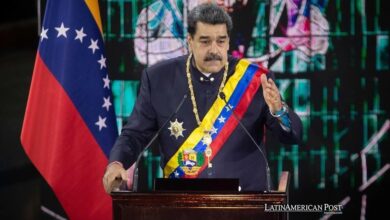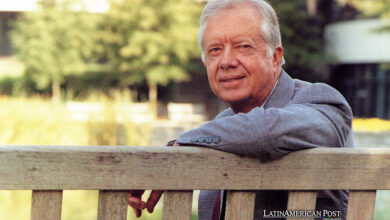Infographic: How To Be A Human Rights Defender?
On Human Rights Day we tell you what you need to know to be a human rights defender in your daily life.

On this day you can think about the ways in which you and your environment can begin to defend the human rights of other people. Photo: LatinAmerican Post
LatinAmerican Post | Vanesa López Romero
Escucha este artículo
Leer en español: Infografía: ¿Cómo ser un defensor de derechos humanos?
Every December 10, Human Rights Day is celebrated worldwide. That day, but in 1948, the United Nations General Assembly brought nations together to sign the Universal Declaration of Human Rights . This document contains the inalienable rights that every person has, regardless of their race, sex, sexual orientation, color, social or national origin or of any other nature or condition.
Also Opinion: Vaccine Hoarding Is To Blame For The Omicron Variant
Likewise, these are a fundamental basis of the Sustainable Development Goals initiative that seek to promote conscious development at the human level and are also mediated by the United Nations. With the health emergency due to COVID-19 and the consequences of climate change, the SDGs and Human Rights must be more solid than ever. On many occasions, we would believe that this should be done from organizations and people who are dedicated to this. But anyone can help guarantee human rights.
These were the tips that Alicia Suaza Parada, feminist and human rights lawyer at Temblores NGO, gave us to be a defender of human rights in your day-to-day life.

On this day you can think about the ways in which you and your environment can begin to defend the human rights of other people.




